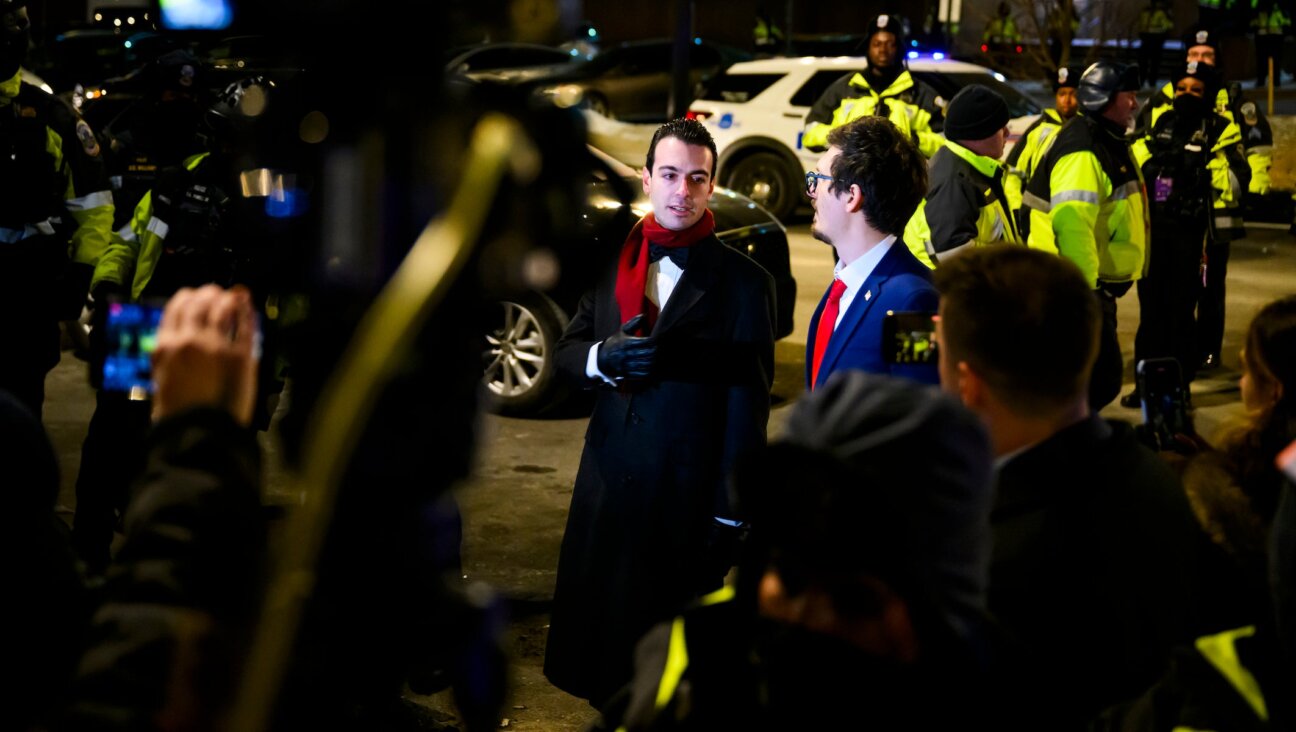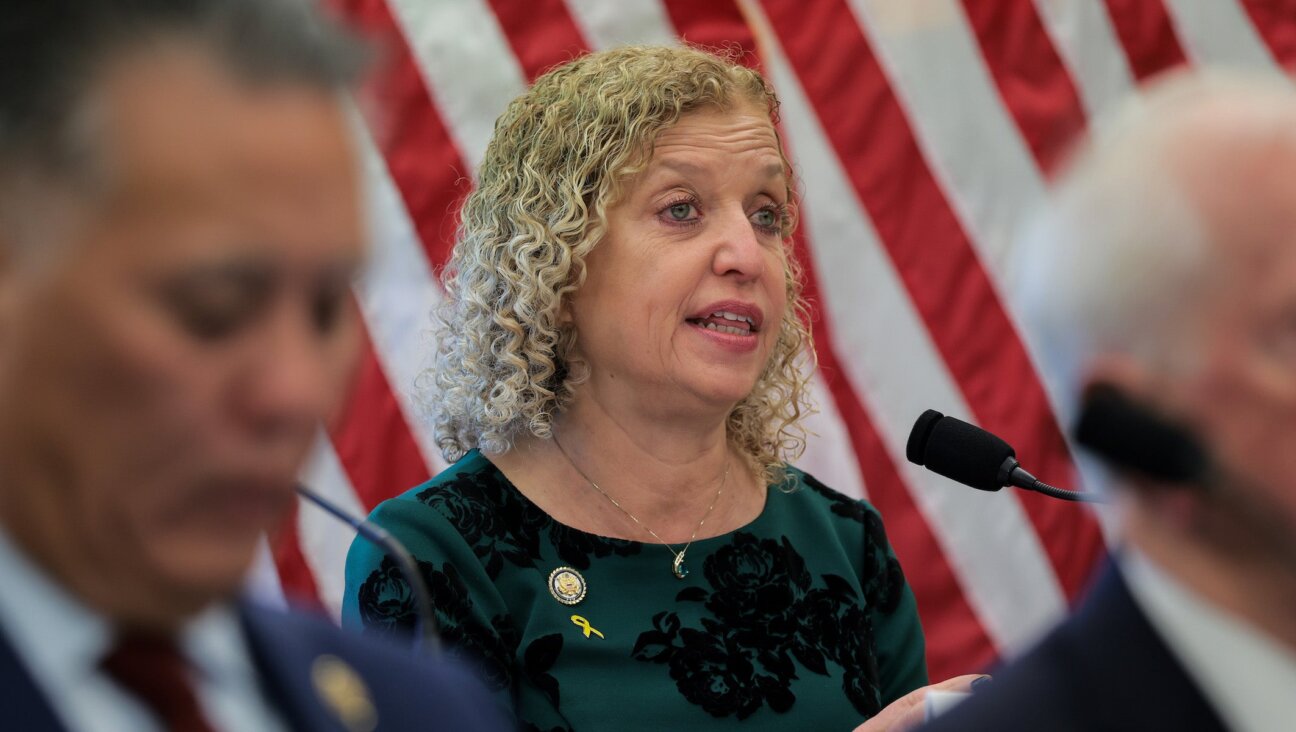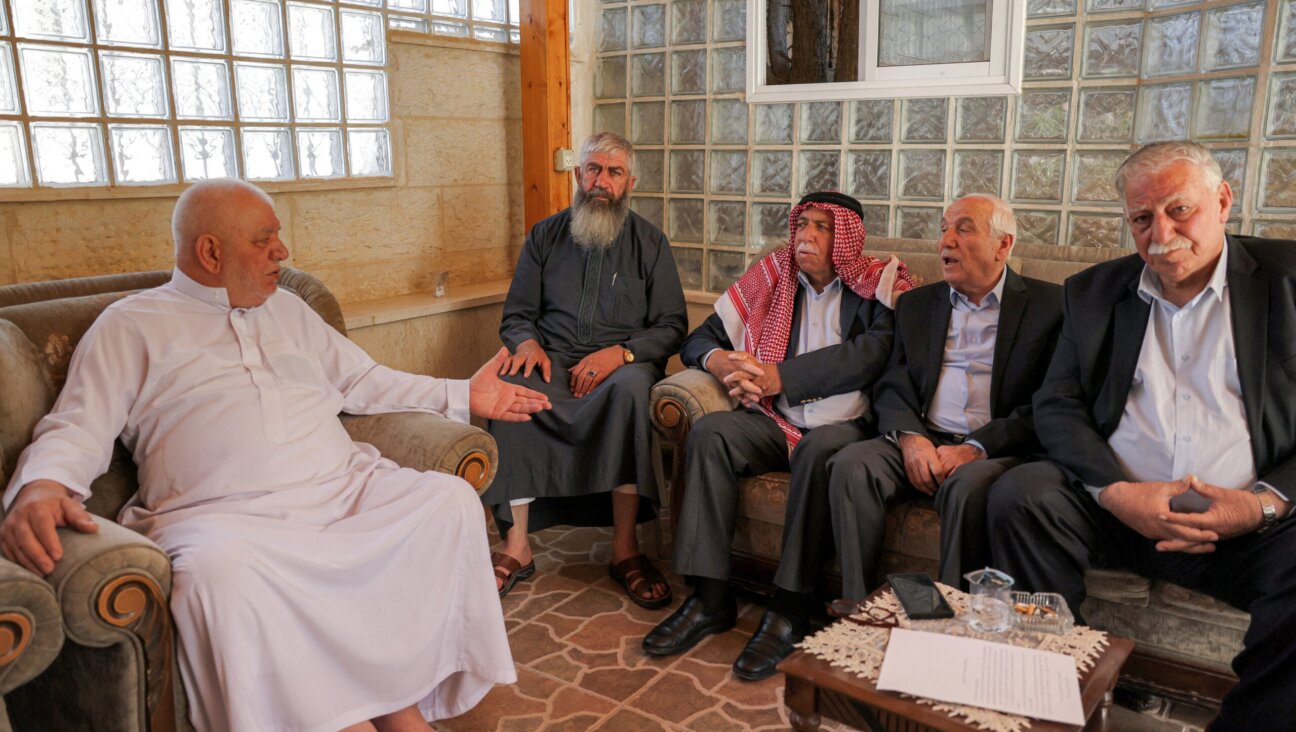In Shalit Swap, 550 Palestinian Prisoners Released
Some 550 Palestinians were released from Israeli jails in the second stage of the prisoner swap for captured soldier Gilad Shalit.
The prisoners, including six women, were handed over by Israel on Sunday night. They left from the Ayalon Prison near Tel Aviv and were bused to four separate crossings in order to be released to the West Bank, Gaza Strip, eastern Jerusalem and Jordan.
Family members of the prisoners reportedly clashed with Israeli soldiers at the Beitunia crossing near Ramallah in the West Bank. As they waited for their relatives to go free, the family members threw rocks and firebombs at Israeli security services.
The list of prisoners to be released was posted four days ago on the Israel Prison Service’s website. None of the prisoners reportedly belongs to Hamas or Islamic Jihad, or was convicted of crimes involving the murder of Israelis, according to reports. Most are members of Palestinian Authority President Mahmoud Abbas’ Fatah Party.
An appeal to delay the swap, filed by Israelis who had been victims of Palestinian attacks, was rejected Friday by Israel’s Supreme Court.
Some 477 Palestinian prisoners were released in mid-October in exchange for Shalit, who had spent more than five years held in Gaza by Hamas.























